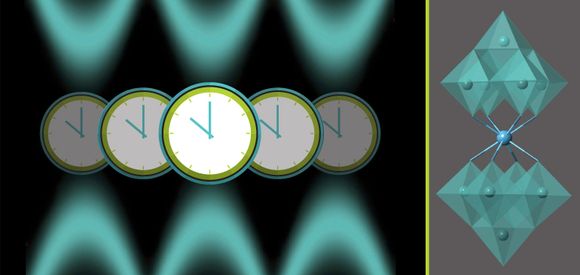Maybe someone saw the article on the team in Australia who solved this issue last month; glad folks are collaborating more in this space because we all win when we do.
One of the obstacles that have kept quantum computers on the distant horizon is the fact that quantum bits — the building blocks with which they’re made — are prone to magnetic disturbances. Such “noise” can interfere with the work qubits do, but on Wednesday, scientists announced a new discovery that could help solve the problem.
Specifically, by tapping the same principle that allows atomic clocks to stay accurate, researchers at Florida State University’s National High Magnetic Field Laboratory (MagLab) have found a way to give qubits the equivalent of a pair of noise-canceling headphones.
The approach relies on what are known as atomic clock transitions. Working with carefully designed tungsten oxide molecules that contained a single magnetic holmium ion, the MagLab team was able to keep a holmium qubit working coherently for 8.4 microseconds -– potentially long enough for it to perform useful computational tasks.
